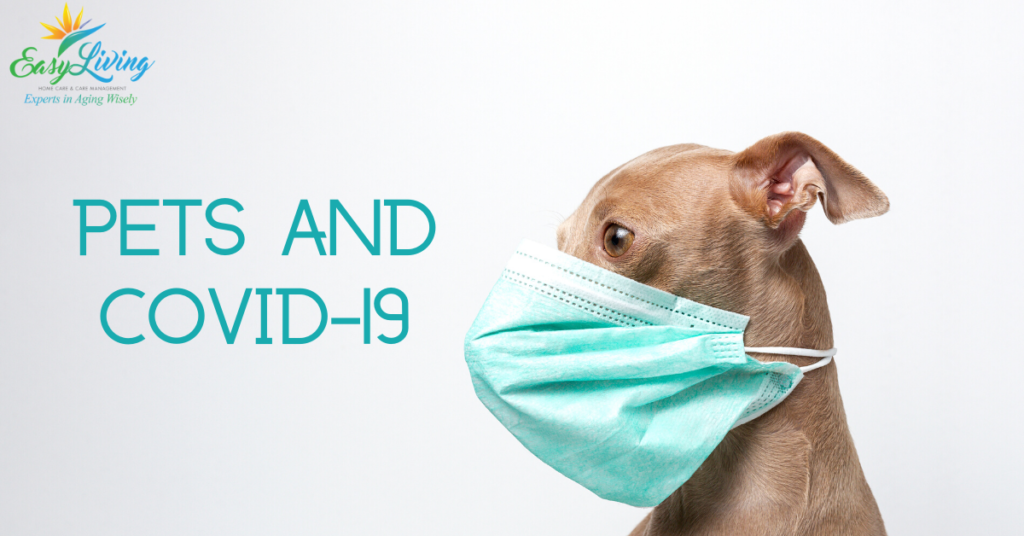Have pets been infected with COVID-19?
COVID-19 primarily spreads from person-to-person and it appears that it can spread from people to animals in some situations. There was a case of a tiger with respiratory illness at a zoo in New York City, who tested positive for COVID-19. Health officials collected and tested samples after several lions and tigers at the zoo showed signs of illness. Officials believe these large cats became sick after being exposed to a zoo employee who was positive for COVID-19.
A small number of pets have been reported to be infected with the virus that causes COVID-19, mostly after contact with people with COVID-19. Pets do get other types of coronaviruses that make them sick, but do not infect people. Since animals can spread some diseases to humans, experts recommend to always practice healthy habits and hygiene around pets.
What is the risk of animals spreading COVID-19?
Some coronaviruses that infect animals can sometimes be spread to humans and then spread between people, but this is rare. This is what happened with the virus that caused the current outbreak of COVID-19, though the exact source is still not confirmed.
The virus that causes COVID-19 spreads mainly from person to person through respiratory droplets from coughing, sneezing, and talking. Based on the limited information available to date, the risk of animals spreading COVID-19 to people is considered to be low. However, the CDC and other health officials recommend caution to minimize any potential risk.
Guidance about Pets for People with COVID-19
People with COVID-19 and in home isolation should be advised to restrict interaction with household animals, in addition to following other preventative measures to protect others from COVID-19.
- Any person who has symptoms or a confirmed diagnosis of COVID-19 should limit contact with pets. If possible, another family member or someone else should care for the pets while the person is sick.
- If the sick person must care for pets, they should wear a mask and wash their hands before and after interacting with the pet.
- Don’t let pets interact with people or other animals outside the household.
- Discourage pet cuddling, being kissed or licked by the pet at this time.
- Contact your veterinarian if you notice possible symptoms in your pet. We don’t have much information on the clinical presentation of COVID-19 in pets. But symptoms may include: fever, coughing, difficulty breathing or shortness of breath, lethargy, sneezing, nasal discharge, ocular discharge, vomiting, and diarrhea.
EasyLiving Home Care Support for Patients with COVID-19
Our EasyLiving caregivers can offer care for COVID-19 positive patients in the home, including pet care when needed. We follow all guidelines to maintain a healthy environment and support you to get well. This includes assisting with household chores, cleaning and disinfecting, and pet care.
Contact us for more information or download a copy of our COVID-19 Care At Home Flyer.








